Creating Private Git Repository
Introduction:
GitHub provides a powerful platform for version control, collaboration, and project management. While public repositories are great for open-source projects, there are instances where you need to keep your code private, whether for proprietary projects, sensitive information, or work in progress. In this guide, we’ll walk you through the process of creating a private repository on GitHub, ensuring that your code remains secure while taking advantage of GitHub’s robust features.
Step 1: Sign in to GitHub If you haven’t already, sign in to your GitHub account. If you don’t have an account, you can easily create one for free on GitHub’s website.
Step 2: Navigate to Your GitHub Dashboard Once signed in, you’ll be directed to your GitHub dashboard. This is your hub for managing repositories, projects, and collaborations.
Step 3: Create a New Repository
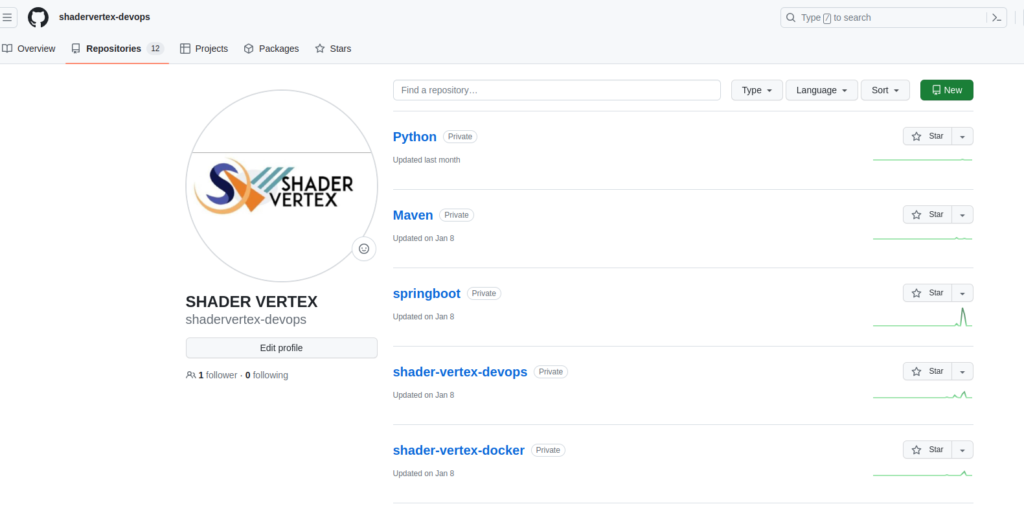
Read Also-How to Install Helm on Ubuntu latest
Step 4: After clicking new repository option, we will have to initialize some things like, naming our project, choosing the visibility etc. After performing these steps click Create Repository button.
Fill in Repository Details:
- Repository name: Choose a name for your repository. This should be unique and descriptive.
- Description: Add a brief description of your repository to let others know what it’s about.
- Visibility: Select “Private” to make your repository accessible to everyone.
- Initialize this repository with a README: Check this option if you want to include a README file. A README file typically contains information about your project.
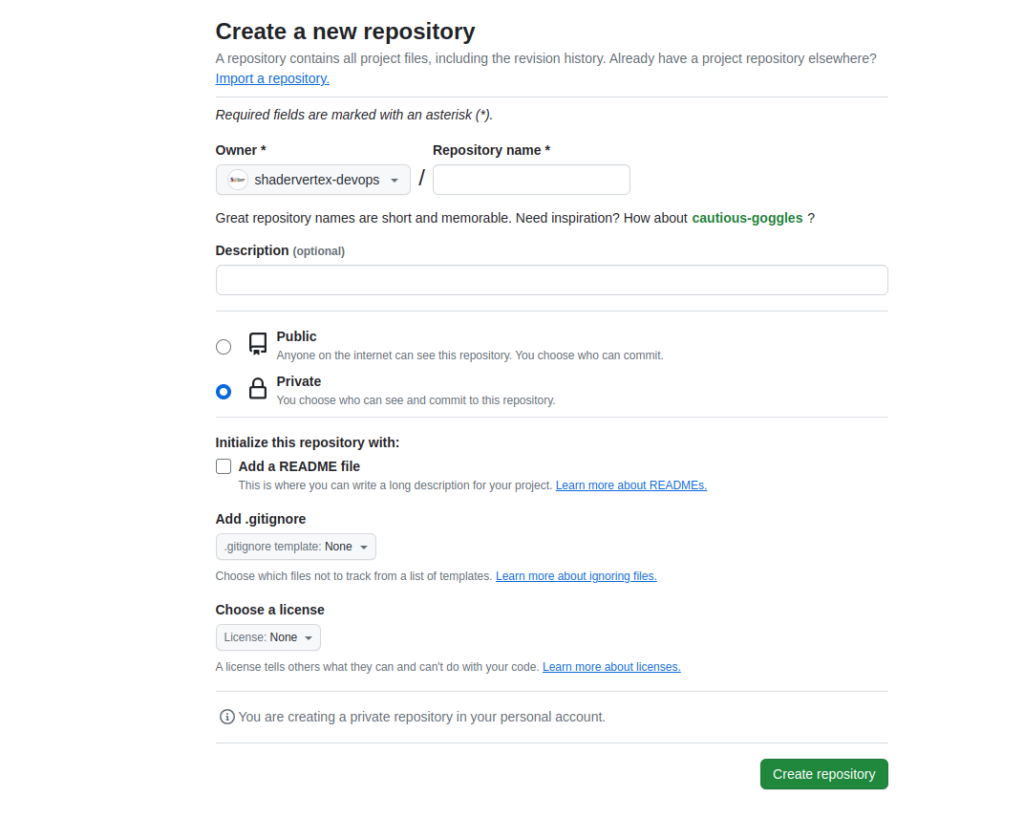
Step 5:After clicking the button, we will be directed to below page. Right now the only file we have is a readme file.
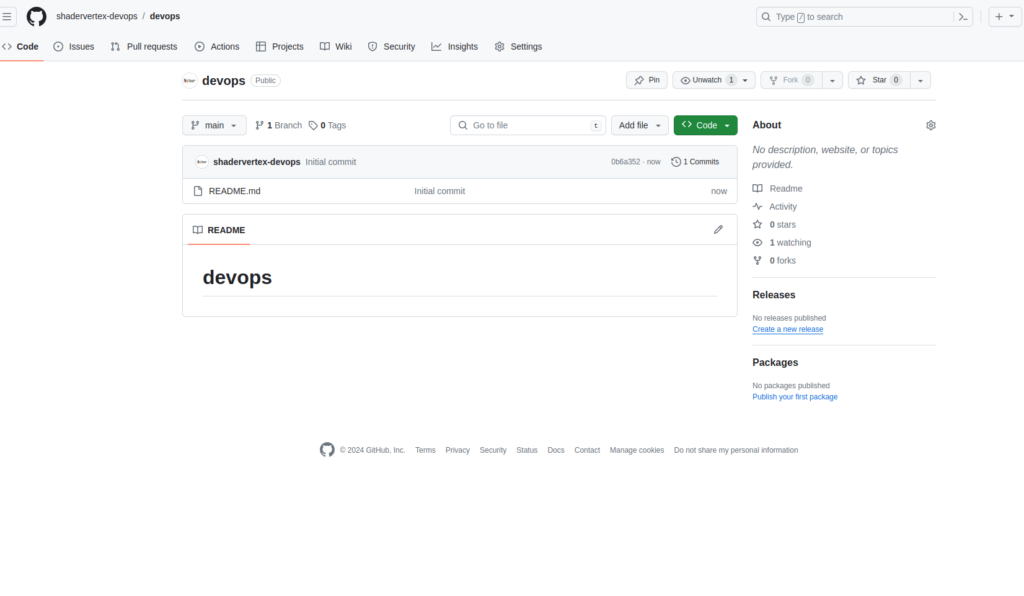
Step 6: Now click on the “Upload files” button.
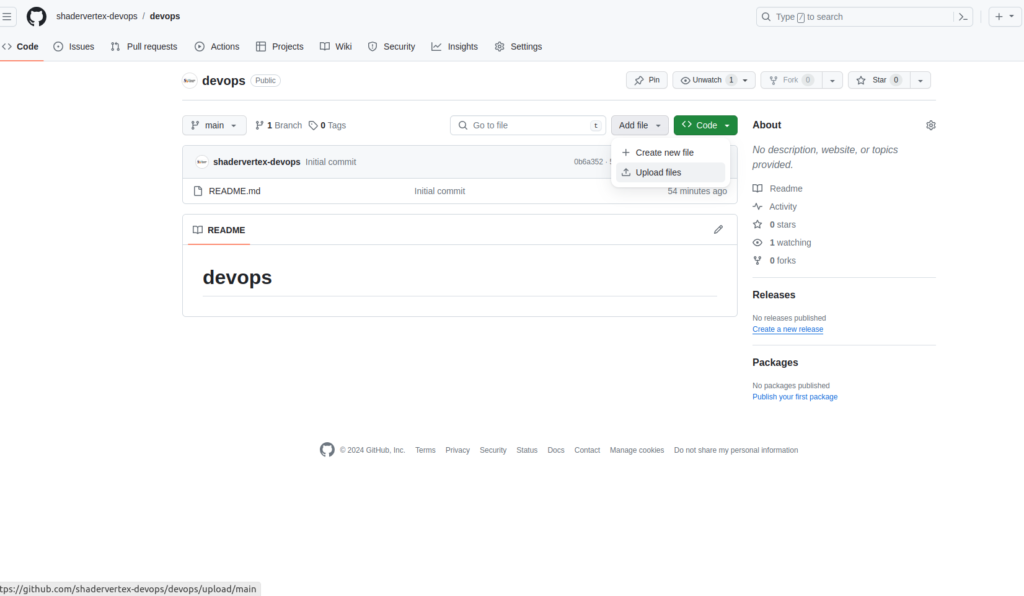
Step 7: Follow the steps mentioned in the Picture below and click “commit changes”
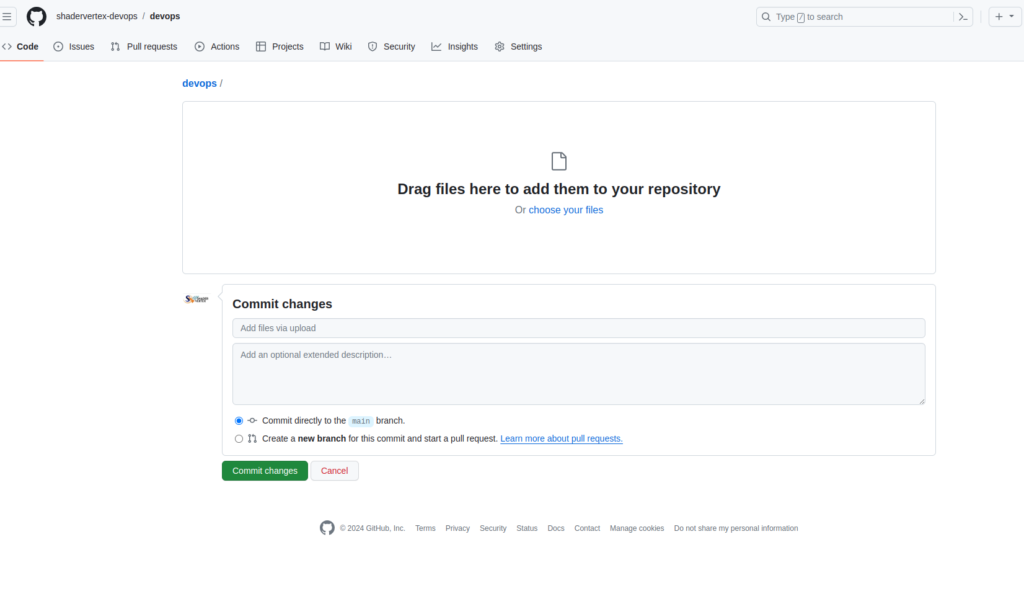
conclusion:
Creating a private repository on GitHub is a straightforward process that ensures your code remains secure while still enabling collaboration. By following this step-by-step guide, you can create a private repository for your project and rest easy knowing that your code is secure and only accessible to authorized individuals. So what are you waiting for? Create your own private repository on GitHub today and take your projects to new heights!
- AI Tools for Developers: Top AI Tools Every Developer Should Know in 2026 - February 12, 2026
- What is AI? 7 Powerful and Easy Facts – Complete Beginner Guide - February 12, 2026
- How to Set Up an Okta Account – Easy & Secure Step-by-Step Guide for 2026 - January 9, 2026

